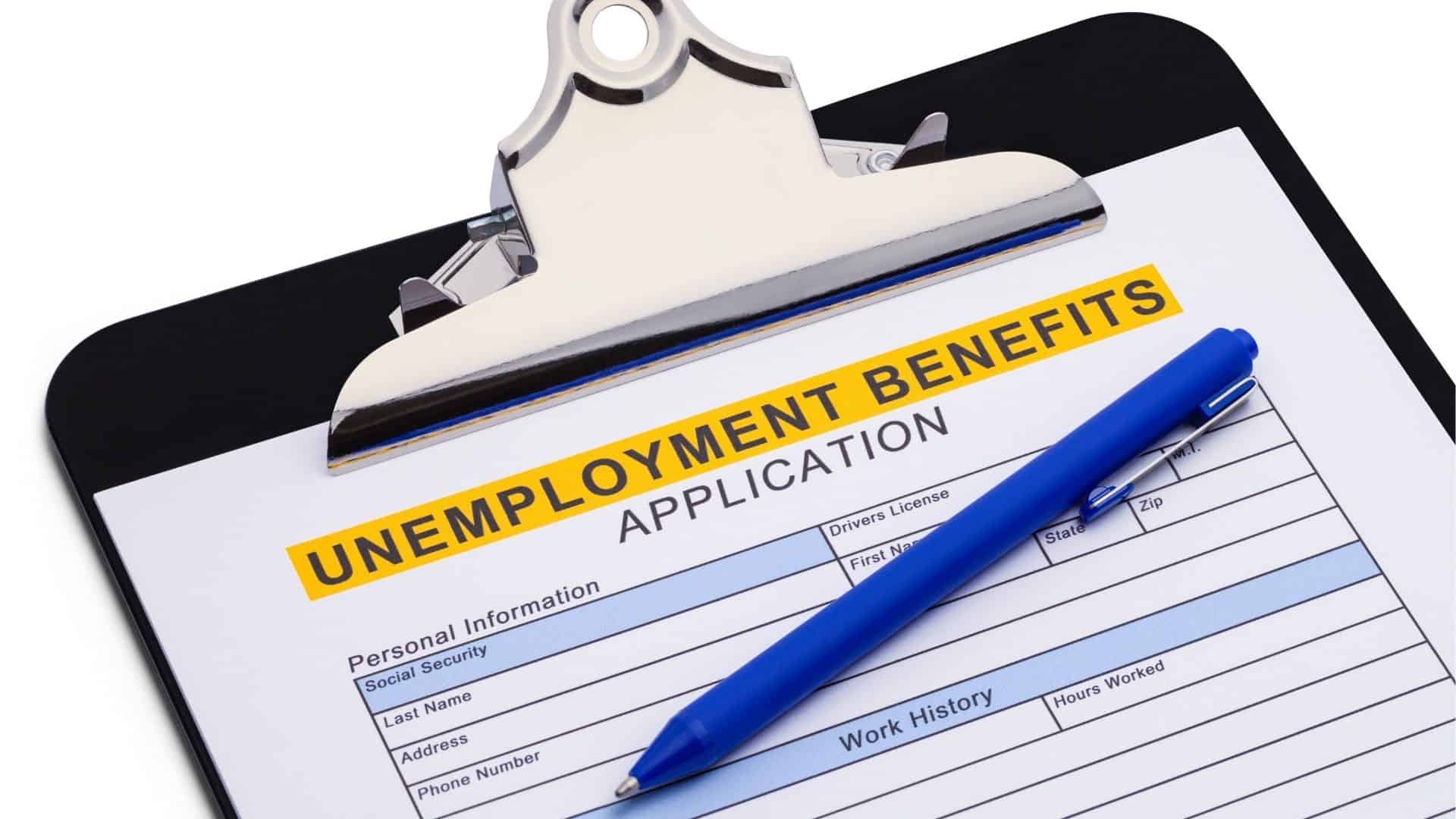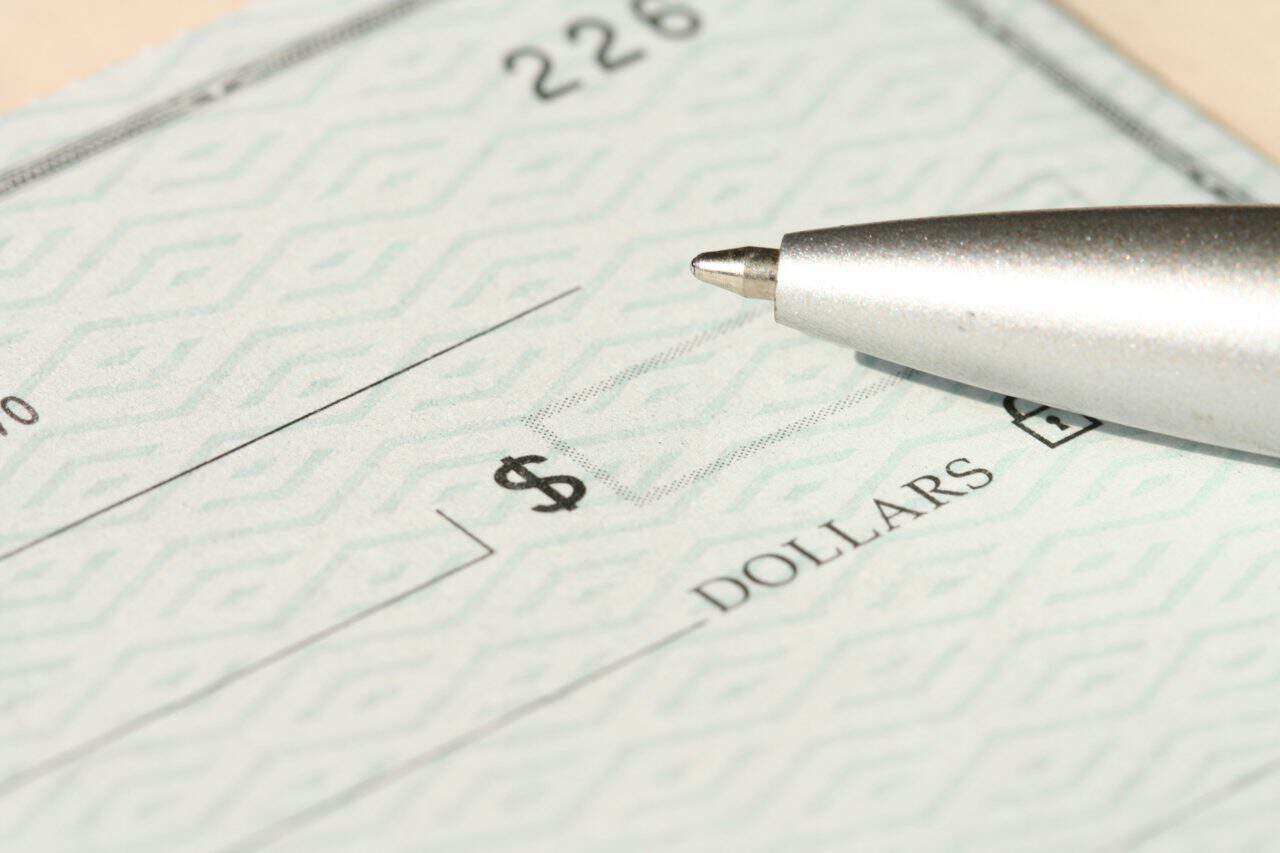The United States incarcerates more people than any other country in the world.
A quarter of all incarcerated people are in the United States.
Upon release, many formerly incarcerated people struggle to find jobs due to their prior convictions.
Despite there being many jobs for felons, one study showed that the unemployment rate among formerly incarcerated people is over 27 percent.
That’s higher than the US general employment rate has ever been, even during the Great Depression.
So that begs the question, “can you collect unemployment after being incarcerated?
Are formerly incarcerated people eligible for unemployment benefits?
This guide will explore this urgent question.
Contents
Can You Collect Unemployment After Being Incarcerated?
With all the barriers formerly incarcerated people face upon their release, many struggle to make ends meet.
Generally speaking, if you are otherwise eligible for unemployment benefits in your state, your former incarceration doesn’t impact your eligibility.
Here’s everything you need to know about unemployment after incarceration.
It Varies from State to State
State law governs unemployment benefits.
Each state has different rules about what qualifies a person for unemployment.
While these general guidelines can point you in the right direction, verify any information found here with your state’s unemployment office.
California Approved Unemployment Benefits for Prisoners
In 2020, California’s Employment Development Department acknowledged that it had erroneously issued unemployment benefits to more than 20,000 incarcerated people.
Over $420,000 of those benefits were issued in the name of people on death row.
California law does not permit currently incarcerated individuals to receive unemployment insurance benefits.
As it turned out, most of those claims paid were fraudulently received by friends and family members of the incarcerated individuals.
As a result, dozens of people have been charged with unemployment insurance fraud.
Previously Incarcerated Floridians Kept From Unemployment Benefits
At the opposite end of the spectrum, the Department of Economic Opportunity in Florida has withheld the unemployment benefits of eligible formerly incarcerated people.
These “incarceration holds” delayed payment to eligible Floridians until the Department could verify they were not currently in jail.
Claimants could contact the Department of Economic Opportunity to have the holds released.
However, some reported that they had to use precise language to do so, making the process unnecessarily complicated.
How Does Joblessness Affect Mental Health?

Unemployment takes a tragic toll on the mental health of everyone it affects.
Long-term unemployment can cause people to feel a loss of purpose and insecurity.
Over time, these persistent feelings can develop into clinical depression and anxiety.
Of course, unemployment often coincides with a lack of insurance or access to mental health services.
Without available treatment options, unemployed people often struggle with worsening mental illness and mental health issues the longer they are out of work.
Unemployment has an even more significant impact on formerly incarcerated people.
Consistent employment is the number one factor that reduces the likelihood that a formerly incarcerated person will become reincarcerated, called the “recidivism rate.”
Nationally, more than 67 percent of formerly incarcerated people are reincarcerated within three years.
One employer found that this rate is only six percent among its formerly incarcerated employees.
This dramatic reduction in recidivism is a direct result of access to employment.
Lack of legal opportunities to earn income increases the likelihood of offending again.
Likewise, the availability of legal income directly reduces this likelihood.
Unemployment security benefits can help bridge this gap, reducing recidivism and mental health challenges.
What Are the Requirements for Unemployment?
As stated above, each state has its own unique requirements to be and stay eligible for unemployment benefits.
However, most state requirements are relatively similar.
In general, to receive unemployment benefits, you must be physically and mentally able to work, available for work, and actively searching for work.
Keep reading for more specific information.
Work Search Requirements
Most states require recipients of unemployment benefits to continue searching for work while they receive those benefits.
Each state has a set of guidelines on what qualifies as searching for work and how unemployment recipients can prove that they are searching for work.
For example, Colorado requires unemployment recipients to complete one “work-search activity” per week.
Work-search activities include applying and interviewing for jobs, uploading a resume to a job board, or taking a work-related skills test or training class.
Recipients must upload proof of that work-search activity every week to receive payment.
Every state has its own requirements, but most require unemployment assistance recipients to prove that they are searching for work.
Work Search Reinstatement
Early in the Coronavirus pandemic, many states reduced or eliminated their work search requirements.
Because it was initially uncertain whether or when working would be safe again, states stopped requiring people to search for work to receive unemployment compensation.
As the situation has developed, more and more employers have resumed hiring and returned to work.
As a result, states have begun reinstating their work search requirements for unemployment insurance (“UI”) benefits recipients.
Suitable Work
A person receiving unemployment security benefits isn’t required to take every job they may be eligible for.
If you receive a job offer in most states, you can turn it down if it’s not “suitable work” and continue to receive unemployment insurance benefits.
The definition of “suitable work” and “suitable employment” vary by state.
But in general, suitable work is any work on par with your education level, previous work experience, and recent wages.
You’re not required to accept work that’s not in line with your skills, experience, education, and overall compensation history.
For example, if you were previously a lawyer and are now unemployed beyond your control, you don’t have to accept a job offer at a fast-food restaurant.
That would not be considered suitable employment for someone with your education and work experience in almost any state.
On the other hand, if you received a job offer as a paralegal or professor, most states would call that suitable work.
Denying that position could cost you your unemployment benefits.
Ability to Work
To qualify for unemployment compensation, you must be physically and mentally capable of working full-time.
People who are physically or mentally disabled and unable to work full-time are not eligible for unemployment benefits in most states.
Availability for Work
States also require unemployment compensation recipients to be available for full-time work.
The definition of “availability” varies by state. In general, availability for work means that you have transportation to work and childcare while you’re at work.
If you’re unable to find childcare for your children or get yourself to work, you are not considered available for full-time employment under most state laws.
A currently incarcerated person is also not available for work.
What Other Benefits Do Prisoners Get After Release?

Unemployment isn’t the only benefit that formerly incarcerated people may be entitled to.
If you were eligible for additional federal benefits before your incarceration, you might still be able to receive them.
Social Security and Supplemental Security Income Benefits
Social Security and Supplemental Security Income (SSI) benefits are suspended after 30 days of incarceration.
However, formerly incarcerated people are eligible for reinstatement upon release by applying at a local Social Security office.
Other Common Questions
Here are a few more questions you may have about unemployment and other benefits after incarceration.
Are prisoners included in the unemployment rate?
In the United States, the federal unemployment rate doesn’t include currently incarcerated people.
People in prison aren’t physically able to apply for or go to jobs, so they aren’t considered available for employment.
Does disability stop if you are incarcerated?
Federal disability benefits such as SSDI are placed on hold while you’re incarcerated for a month or more.
If your benefits go to your dependents, they may continue to receive your SSDI during your incarceration.
Formerly incarcerated people can have their disability and other benefits reinstated after release.
Can prison inmates get stimulus checks?
People eligible for stimulus checks continue to be eligible while they are incarcerated.
Upon release, formerly incarcerated people can file that year’s income tax return showing that they didn’t receive their stimulus check.
If approved, the stimulus funds will be sent as a refund.
What happens to Medicare and Medicaid benefits when you go to prison?
Most states either terminate or suspend Medicaid benefits upon incarceration.
While you’re in prison, the institution holding you is responsible for your medical expenses.
Upon release, if the Social Security Administration terminated your benefits, you will have to reapply.
If your benefits were only suspended, the SSA might reinstate them.
The following states suspend but do not terminate Medicaid during incarceration:
- California
- Colorado
- Florida
- Iowa
- Maryland
- Massachusetts
- Minnesota
- New York
- North Carolina
- Ohio
- Oregon
- Texas (for up to 30 days)
Medicare recipients continue to be eligible for benefits during their incarceration.
However, after 30 days, SSDI payments, which are usually tied to Medicare, will stop.
Upon your release, you can have your SSDI and Medicare coverage reinstated.
Wrapping Up
In most cases, formerly incarcerated people can receive unemployment compensation benefits upon release from prison.
Check with your state’s unemployment office to determine your eligibility and learn how to apply for unemployment benefits.









Most ex-felons are NOT eligible for unemployment benefits in Indiana (and most states) unless you’ve been out of prison for more than a year and held a job the entire time. I’ve been out of prison for 6 months, just lost my job due to layoffs and I do not qualify for unemployment in Indiana. You have to work at least 1 year so the State Unemployment people have a lookback period to determine how much in benefits you are eligible for. If you do not have that, regardless of circumstances beyond your control (like prison), you are not eligible. Really sucks, there should be an exception for this because I’ve always worked, even in prison, but this does not count either.